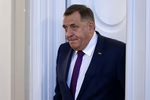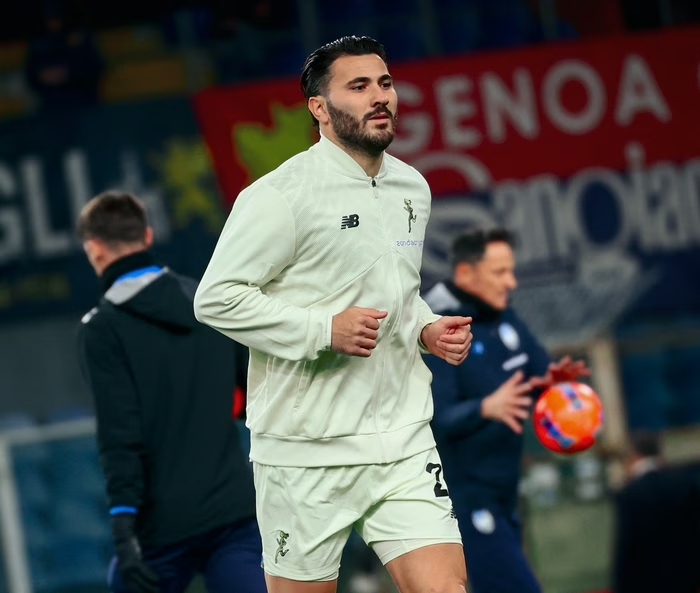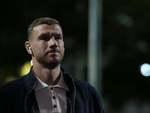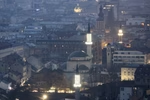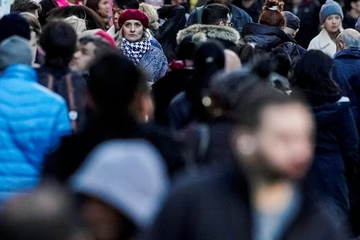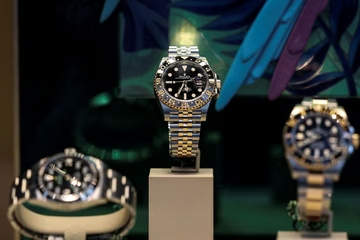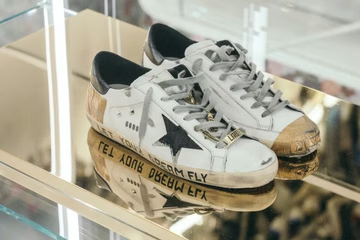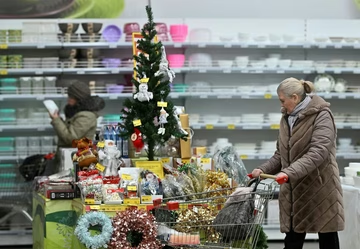Almasa Salihovic shares heartbreaking story at first Srebrenica genocide commemoration in New York

Almasa Salihovic, spokesperson for the Memorial Center in Potocari, was only five years old when the war began and eight when her older brother Abdulah was killed. She was present today at the first commemoration for the victims of the Srebrenica genocide held in New York. Many attendees at the UN General Assembly heard her poignant story, which she says is a part of her very being.
Salihović expressed immense gratitude to all who helped establish the International Day of Remembrance for the Srebrenica Genocide.
“I was five when my dreams turned into nightmares”
“Standing before you, I share a personal story that is part of me. I was five years old. I lived with my mother, brothers, and sisters in a village about twenty kilometers from Srebrenica. I was five when the aggression began. I was five when I first heard a shell. For the first time, I saw the dead. We all thought it would stop. We were wrong. My mother tried to hide the truth from the children, but my day began and ended with nightmares. I always carried a doll with me; she was my secret protection. On September 18, 1992, the school in my village was shelled. People were hiding there; 14 were killed. We tried to stay in the village as long as possible, but we had to leave in March. When Srebrenica was declared a safe zone, it was our hope. We walked there. We were happy, we got a room. There were six of us; it was warm, we were safe. Unfortunately, not for long. What happened in Srebrenica cannot be described today. All that terror, we lived without food, water, in constant fear that our loved ones would be killed in the next attack,” she recalled.
On July 11, 1995 their fear became reality
“Mladic demanded we surrender all our valuables – I gave him my doll”
“I was eight then. I remember my mother telling us as we walked towards the UN base that we would be safe there. My older siblings, Fatima and Abdulah, were ahead of us. That was the last time I saw my brother. I still have that image in my head. After hearing we had to go there, we arrived in Potočari, at the Battery Factory, along with many others. We believed we would be safe. I spent two days in front of the base, watching General Mladić separate the young men; this lasted two days. Then we boarded buses for deportation; I didn't understand what was happening to us. Even today, I won’t forget Mladić’s face when he stopped us and demanded we surrender anything valuable. I gave him my doll, saying ‘take it, take it, it’s all I have.’ On July 13, most of my family reached free territory. Abdulah didn’t,” she recounted.
“I imagine them looking at each other, wordlessly knowing it was their last time together”
Salihovic’s brother was detained when he tried to leave the base with their sister Fatima.
“He was executed, among thousands of other boys and men. Half of his bones were found in a mass grave. His buried body is still incomplete.”
“He was 18 years old. He had brown eyes, many dreams, and ambitions. He was a passionate athlete. He was smart. I know he was the warmest person, the best of us.”
“I regret not telling him all that and how much I loved him. Losing him meant losing myself. His absence is a void that will never be filled. All we have left of him is a low-resolution video from April 1995, which he made for his mother during Eid.”
Salihovic emphasized that surviving genocide has left deep scars but also a profound sense of purpose. She is now the spokesperson for the Srebrenica Memorial Center. She described the first high-level commemoration in New York following the adoption of the Resolution as historic.
Kakvo je tvoje mišljenje o ovome?
Učestvuj u diskusiji ili pročitaj komentare





 Srbija
Srbija
 Hrvatska
Hrvatska
 Slovenija
Slovenija









